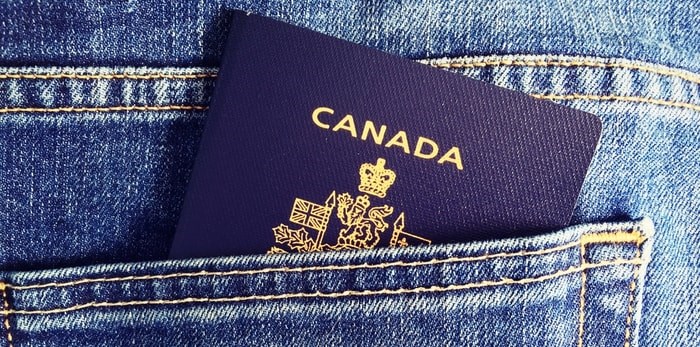Should citizens of Commonwealth countries be able to travel freely between member nations?
A group advocating closer ties between Canada, Australia, New Zealand, and the United Kingdom says yes, and a petition for "free movement" has gathered over 200,000 signatures to date.
 Canadian passport/Shutterstock
Canadian passport/Shutterstock
Launched in early 2015 and based in Vancouver and London, CANZUK International is "the world’s leading non-profit organisation advocating freedom of movement, free trade and foreign policy coordination between Canada, Australia, New Zealand and the United Kingdom (the "CANZUK' countries)."
CANZUK believes that the four nations should build on their existing connections--economic, diplomatic, and institutional--to create a sort of "strength in numbers" alliance.
An online petition focused on appealing to the governments of the CANZUK countries to institute "free movement" has been gathering signatures for several months now, and has recently surpassed the 200,000 mark.
The petition, which CANZUK now hopes will hit and exceed 300,000 signatures, will be delivered to Parliaments of Canada, Australia, New Zealand and the United Kingdom.
CANZUK explains why "free movement," i.e. travel free from restrictions like visas and work permits, would be ideal:
"Freedom of movement is already a growing global ideology (as seen with the T.T.T.A and the European Union). Canada, Australia, New Zealand and the United Kingdom share the same head of state, the same common-law legal system, the same western culture, the same respect for democracy and even the same language...it is therefore unreasonable for each to not share the same economic, political and cultural benefits that a free movement policy would bring."


